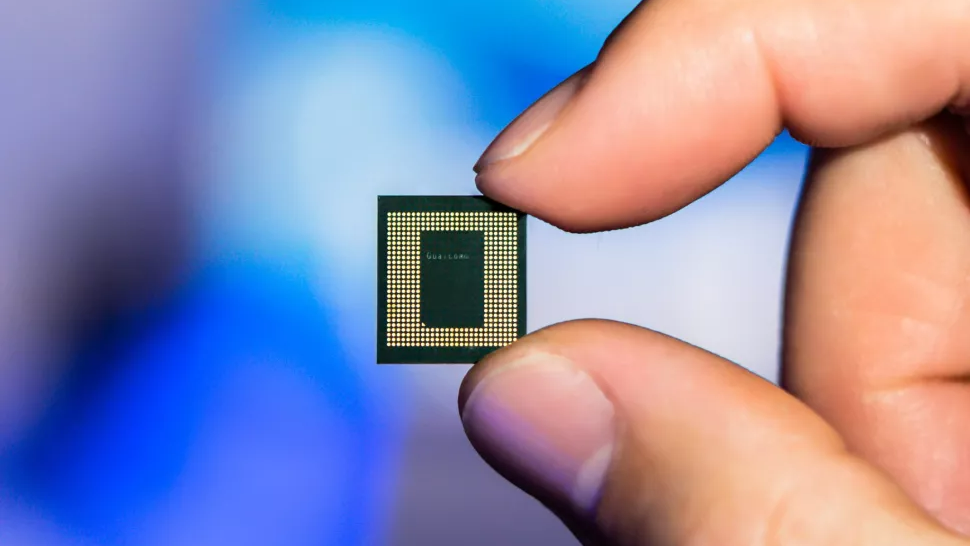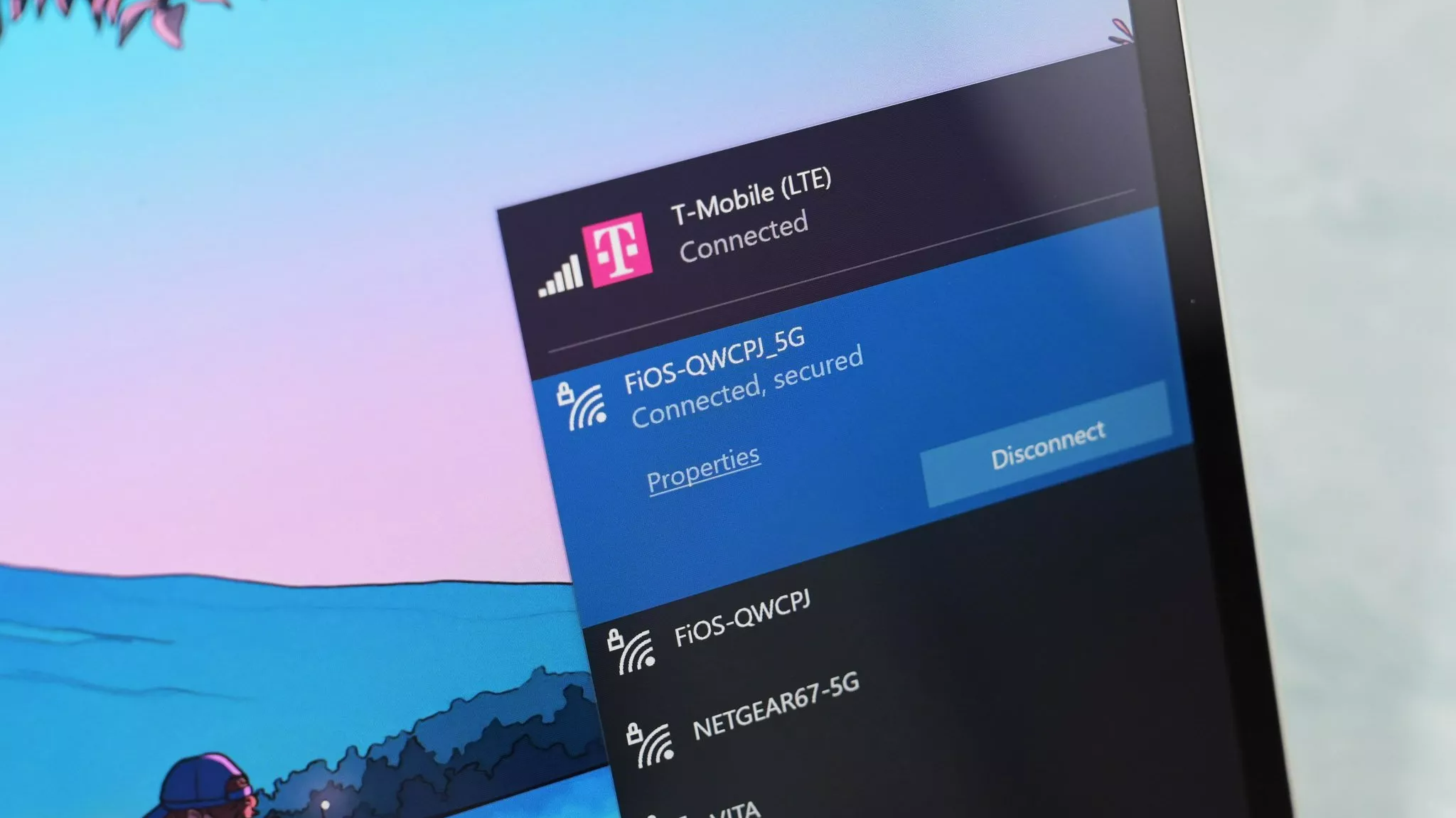Arm suing Qualcomm over alleged breach of licensing agreements, calls for destruction of Nuvia designs
Arm claims that Qualcomm continued to develop chips while using expired licenses.

What you need to know
- Arm Ltd has sued Qualcomm inc, claiming that the latter breached license agreements and committed trademark infringement.
- Arm aims to make Qualcomm destroy designs that were developed under Nuvia's license agreement with Arm.
- Qualcomm purchased Nuvia for $1.4 billion in 2021.
Arm Ltd has sued Qualcomm Inc regarding chip designs based on designs by Nuvia Inc. The lawsuit claims that Qualcomm breached license agreements with Arm and committed trademark infringement. It calls for a "contractual obligation to destroy certain Nuvia designs" and an injunction against the alleged trademark infringement. Arm also wants " fair compensation" for the alleged trademark infringement.
Nuvia was founded by the people behind Apple's A-series chips. Qualcomm purchased Nuvia in 2021 for $1.4 billion with the aim of competing with Apple's ARM-based processors that have earned rave reviews when powering MacBooks, Macs, and other Apple hardware.
Qualcomm plans to release newly designed chips built with Nuvia tech to hardware customers in 2022, leading to a commercial launch of PCs powered by the chips in 2023. The hope is that Nuvia's input on Qualcomm's processors will result in chips that can compete with the likes of Apple, Intel, and AMD.
"Arm is filing this claim to protect Arm, our partners, and the unparalleled ecosystem we have built together," states Arm. The crux of the claim centers around Qualcomm's continued use of what Arm believes were terminated licenses:
"Because Qualcomm attempted to transfer Nuvia licenses without Arm’s consent, which is a standard restriction under Arm’s license agreements, Nuvia’s licenses terminated in March 2022. Before and after that date, Arm made multiple good faith efforts to seek a resolution. In contrast, Qualcomm has breached the terms of the Arm license agreement by continuing development under the terminated licenses."

Qualcomm disagrees with Arm's claim. Ann Chaplin, General Counsel of Qualcomm, stated, "Arm’s complaint ignores the fact that Qualcomm has broad, well-established license rights covering its custom-designed CPU’s, and we are confident those rights will be affirmed."
Reuters speculates that the royalty rates that Nuvia pays to Arm could be lower than what Qualcomm currently pays. That could result in tension surrounding how much Arm would profit from Qualcomm chips derived from Nuvia tech.
Get the Windows Central Newsletter
All the latest news, reviews, and guides for Windows and Xbox diehards.
"Qualcomm’s opportunity moving forward with the PC (and potentially server) business is utterly dependent on Nuvia designs, and Nuvia is the primary means by which Arm can get into Windows PCs. So the companies really need to partner well if they want to have a meaningful impact on the PC market," said TECHnalysis Research's Bob O'Donnell to Reuters.
Qualcomm and Arm have worked closely for several years since the former relies on designs by the latter. Qualcomm purchasing Nuvia and shifting toward its own custom designs could be seen as a movement away from Arm, even though the ensuing chips would use Arm's architecture. Nuvia tech would provide Qualcomm with flexibility in the future.

Sean Endicott is a tech journalist at Windows Central, specializing in Windows, Microsoft software, AI, and PCs. He's covered major launches, from Windows 10 and 11 to the rise of AI tools like ChatGPT. Sean's journey began with the Lumia 740, leading to strong ties with app developers. Outside writing, he coaches American football, utilizing Microsoft services to manage his team. He studied broadcast journalism at Nottingham Trent University and is active on X @SeanEndicott_ and Threads @sean_endicott_.
